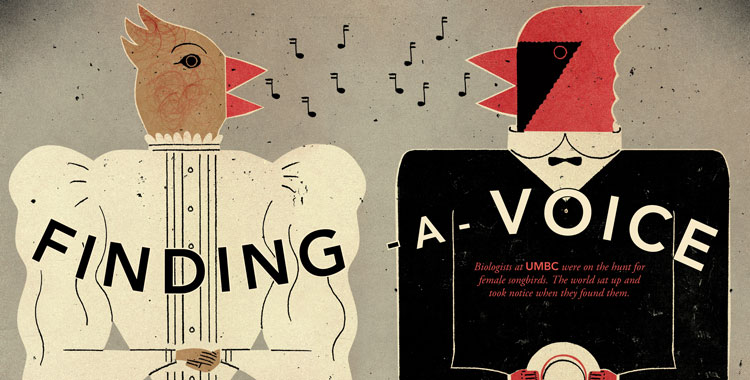Michael Tully ’97, cinematic arts, is a professional screenwriter. Or at least he was – until last month.
Tully’s paychecks for writing his next feature, Don’t Leave Home, ran out on October 1. And if things go according to plan, he will fly to Ireland in April to start drawing a salary as director of that film – a spooky psychological thriller in the vein of David Lynch’s Lost Highway or Nicholas Roeg’s Don’t Look Now – for a full year.
Which still leaves Tully with a half-year gap in employment. He had a steady gig for several years as the chief writer/editor of the arthouse film website Hammer to Nail, but he’s given that up to devote himself full time to making movies.
“That’s the scary/fun part of filmmaking,” he says by phone from his home in Austin, Texas, where he moved from New York City in 2012 when his wife, Holly Herrick, landed a job with the Austin Film Society. “It’s always a hustle. You’ve never really arrived.”
An observer could be forgiven for believing that he has. Septien, Tully’s genre-defying feature about three troubled brothers living together on a farm, was an official selection of the Sundance Film Festival in 2011. IFC bought it for $80,000, allowing Tully to pay off the $15,000 in production costs he’d put on his own credit card – and also pay back his parents and the friends who’d kicked in – within six months of shooting.
It was a happy ending for a movie Tully made “as a sort of lark middle finger to the film industry.” Septien broke every one of the dispiriting rules Tully was hearing at film festival panel discussions: Pick an easy-to-identify genre, don’t cast yourself, don’t spend your own money, and choose a title starting with A or B so video-on-demand viewers won’t have to scroll too far down their menu.
Tully’s much warmer, yet still idiosyncratic follow-up, the semi-autobiographical ’80s-set comedy Ping Pong Summer, also played at Sundance this year. Shot on location in Ocean City for a thrifty $1 million, Tully nonetheless managed to snag an honest-to-god movie star, Susan Sarandon, for a pivotal role, one he’d written with the legendary German filmmaker Werner Herzog in mind.
Tully’s pal Jay Duplass, who directed the Oscar-winning actress in Jeff Who Lives at Home, passed the script to Sarandon and vouched for Tully’s worthiness. It helped that the character, Randi Jammer, is a retired champion of pingpong, a sport close to Sarandon’s heart: She’s a partner in SPiN, a chain of pingpong clubs in New York, Los Angeles, Toronto, and Dubai.
Tully’s first feature as director, 2006’s Cocaine Angel, didn’t come until almost a decade after he’d graduated from UMBC’s film department. His UMBC education had given him a grounding in the physical details of film production, but when it came to getting an internship or learning to navigate the financial subtleties of filmmaking, he was largely on his own. “And I liked that,” he says.
But even small movies still cost a lot of money in the late ’90s. “It wasn’t as easy as saying, ‘I’m going to get a Panasonic DVX and get my buddies and make a movie,’” Tully recalls. “Which is finally what I did when I turned 30, with Cocaine Angel. It was a lot of being insecure and not having the confidence to take the plunge.”
Learning to believe in yourself is a big theme of Ping Pong Summer, a picture Tully sums up as “an experiment in combining my own life with the movies I loved in the ’80s” – teen comedies like Better Off Dead and National Lampoon’s Vacation – “and really trying to make an artifact film that feels like a lost movie from 1985.”
Thanks to his father, Tully has an Irish passport – which makes him a native filmmaker in the eyes of the Irish Film Board (IFB), eligible not just for tax rebates but for potentially several hundred thousand dollars in production funds too.
Tully was initially wary of claiming to be an Irish artist, but a talk with a gentleman from the IFB straightened him out. “He said, ‘People have come in here with accents stranger than yours,’” Tully laughs.
Don’t Leave Home will be another step on the progression that Ping Pong Summer began, stirring Tully’s idiosyncrasies into the tropes of a beloved genre.
“More and more,” Tully says, “I’m like: ‘Can you make something that feels soulful and earnest out of a premise that is just absolute movie hokum!’” Fingers crossed, he’ll have at least a year to figure that out. And get paid for it, too.
– Chris Klimek
Tags: Fall 2014




